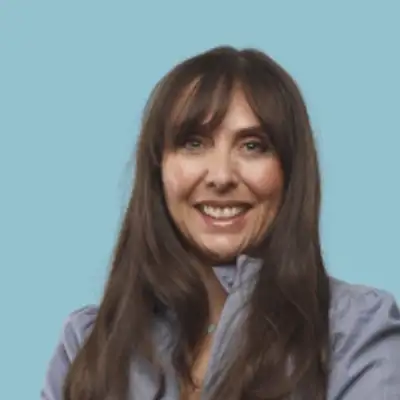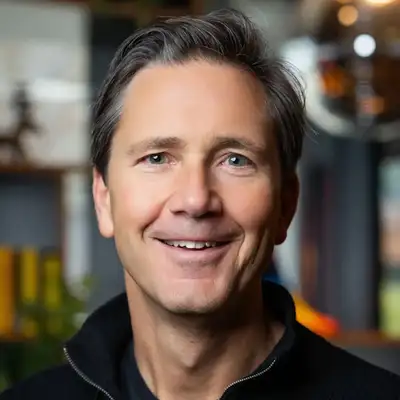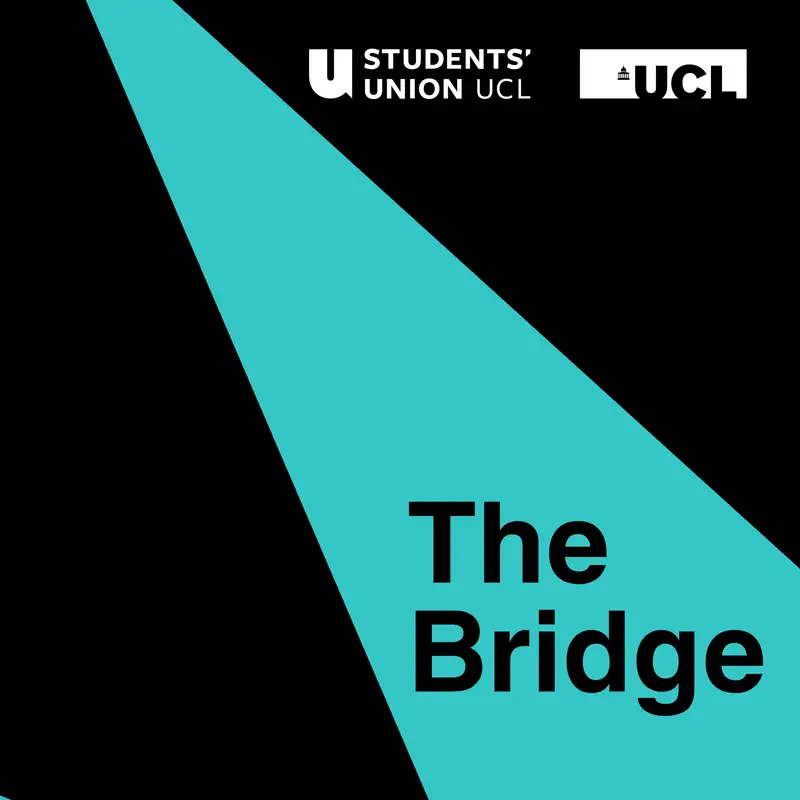Should traditional masculine norms and behaviours be celebrated or demonised? With Richard Reeves and Niobe Way
The question of what it means to be a man has dominated recent conversations in the media and among policymakers. Many have described a "crisis of masculinity" fuelled by concerns over controversial figures like Andrew Tate and the rise of "incel" culture. But what if we've been asking the wrong questions? This episode of The Bridge tackles the tension between how masculinity is discussed and how it's experienced by young men. Our question for today is: Should traditional masculine norms and behaviours be celebrated rather than demonised? UCL student host Tara Constantine leads this compelling and nuanced discussion with two experts, each with a distinct perspective:
- Richard Reeves, a social scientist, writer, and president of the American Institute for Boys and Men, argues that traditional masculine norms around protection, providing, and risk-taking should be celebrated. He suggests that demonising these qualities has led to a "pathologisation" of the male experience and created a discourse focused on "what's wrong with men" rather than "what challenges men face".
- Dr. Niobe Way, a Professor of Applied Psychology at New York University, challenges the idea of gendering human capacities. While she agrees that boys and men are suffering, she argues that "masculine" qualities like courage and stoicism, and "feminine" qualities like empathy and sensitivity, are simply human capacities. She believes we need to value both our "hard and soft sides" to thrive and that focusing on a gendered analysis misses the bigger picture.
Our resident UCL expert mediator, Dr. Melanie Garson, challenges the guests to look beyond their own preconceptions and to find common ground in their shared goal of helping boys and men thrive. The conversation becomes a masterclass in productive disagreement as the guests reflect on each other's work and find a shared understanding.
Key takeaways from this episode:
Key takeaways from this episode:
- Assume good faith: Even when you strongly disagree, assume the other person is trying to get to the same positive outcome as you, just by a different route.
- Understand personal drivers: By asking how someone came to be involved in a topic, you can humanise the conversation and gain a deeper understanding of their perspective.
- Let go of minor disagreements: Productive dialogue is not about winning an argument but about finding commonality in goals and leaving less important points of difference on the table.
Listen now to better understand the nuances of this debate and learn how to disagree well in a polarised world.
This production was led by UCL student presenters, Lea Hofer and Tara Constantine, who are participants on Students’ Union UCL’s Impartial Chairs Programme. Find out more about the programme and, if you are a UCL student, how you can apply here.
This is a Research Podcasts production.
Episode Credits
Presenter: Tara Constantine, Students’ Union UCL Impartial Chair
Guests: Richard Reeves and Niobe Way
Producer and editor: Research Podcasts
Music: The Investigation by Pixabay
Artwork: Mayuko Yamaguchi, UCL undergraduate student
Creators and Guests

Host
Dr Melanie Garson
Melanie has been teaching on international conflict resolution and international security at UCL since 2010. She provides practical insights and thought leadership for policymakers across the full spectrum of cyber policy, tech geopolitics, and defence innovation challenges. Melanie is an accredited mediator and regularly provides commentary on geopolitics and tech in podcasts, webinars and at major media outlets including Bloomberg, BBC, Sky, CNBC, CNN, Fox News, France 24, and DeutscheWelle.

Guest
Niobe Way
Internationally recognized NYU developmental psychologist Dr. Niobe Way has spent nearly 40 years conducting empirical studies with teenagers, particularly boys and young men from diverse backgrounds.

Guest
Richard V Reeves
Richard V. Reeves is a public intellectual, best-selling author, and influential social commentator whose work centers on two vital questions: Where do inequalities persist in society today, and how can we most effectively address them?
